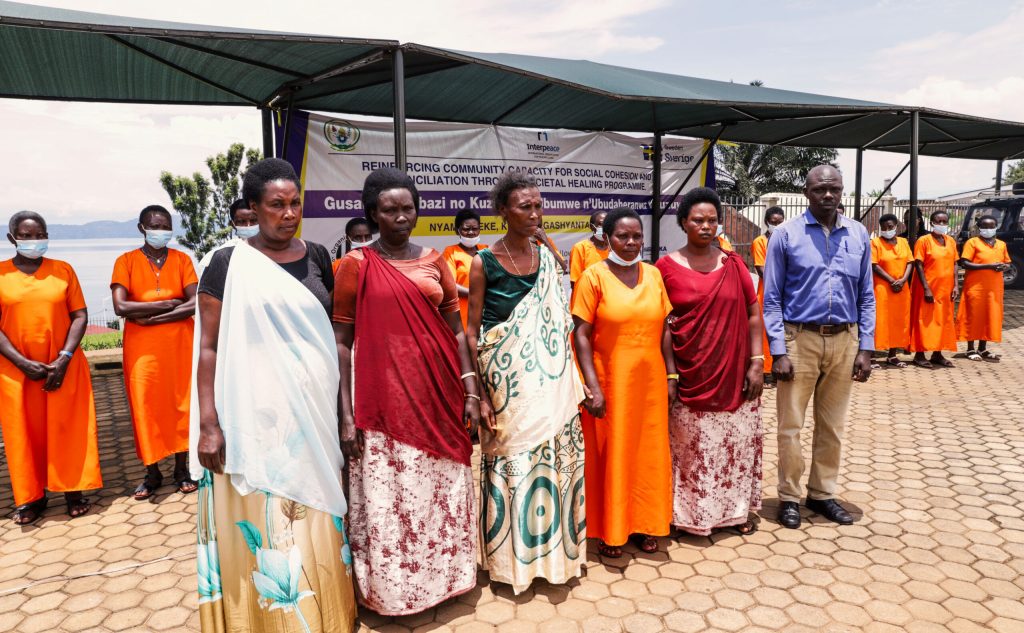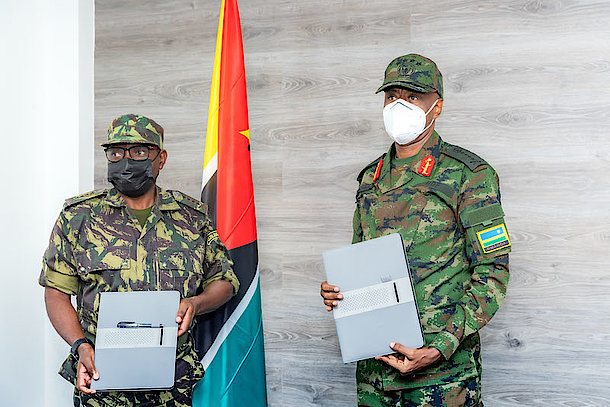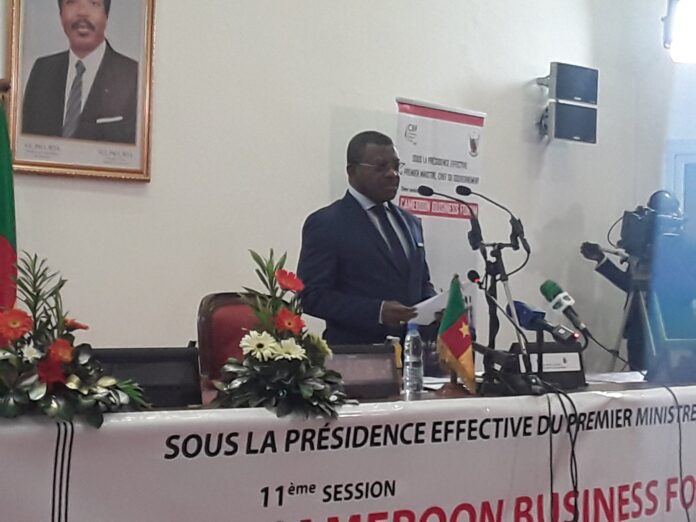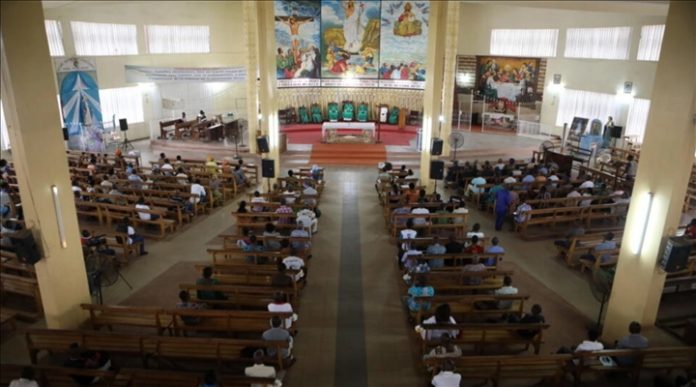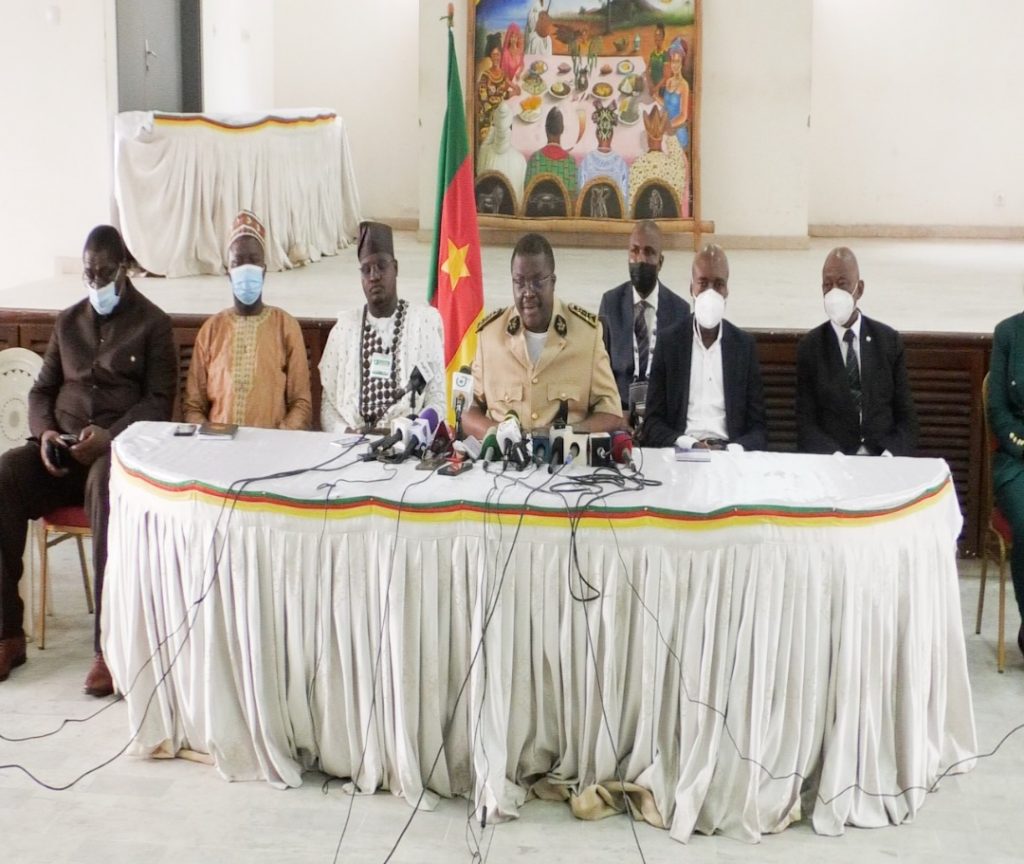According to official figures from the ministry of national unity and civic engagement between 1,000 and 2,500 genocide convicts are released each year. During the just concluded sixth World Congress on Resilience, held in Kigali, under the theme: « Resilience and Trauma: Conceptual development, Challenges and Perspectives », officials evoked this as key topic as the nation strives to promote reconciliation and the well-being of genocide survivors.
Experts say there is an urgent need to prepare the environment for ex-convicts who have served sentences for crimes committed during the 1994 Genocide against the Tutsi in a bid to promote reconciliation and the well-being of genocide survivors, as per the Rwanda Civil Society Platform.
According to the Ministry of National Unity & Civic Engagement (MINUBUMWE), between 1,000 and 2,500 genocide convicts are released annually, including those sentenced to 15 to 25 years and 30 years in prison.
The reintegration of ex-convicts was the center of focus at the just concluded sixth World Congress on Resilience, held in Kigali, under the theme « Resilience and Trauma: Conceptual Development, Challenges, and Perspectives. »
« Before their release, the Rwanda Correctional Services should brief prisoners about their family status regarding any possible cases of unfaithfulness that might have occurred during their incarceration. Local leaders and health counselors should be trained by the ministry on how to mentor and support released prisoners facing such issues, » added the Rwanda Civil Society Platform.
The Civil society platform suggested that the Rwanda Correctional Services and the Ministry of National Unity and Civic Engagement (MINUBUMWE) should work together to ensure the careful preparation of prisoner releases, starting at least three months in advance. There was a policy brief highlighted the necessity of preparing prisoners mentally, psychologically, and physically for their release. The recommendations revealed a module is being prepared but also emphasized the importance of investing in psychosocial support to facilitate the successful transition of ex-prisoners into society.
The government is developing a unique curriculum to guide the rehabilitation and reintegration of over 22,000 convicts of the 1994 genocide against the Tutsi into society after they complete their sentences, according to MINUBUMWE.


